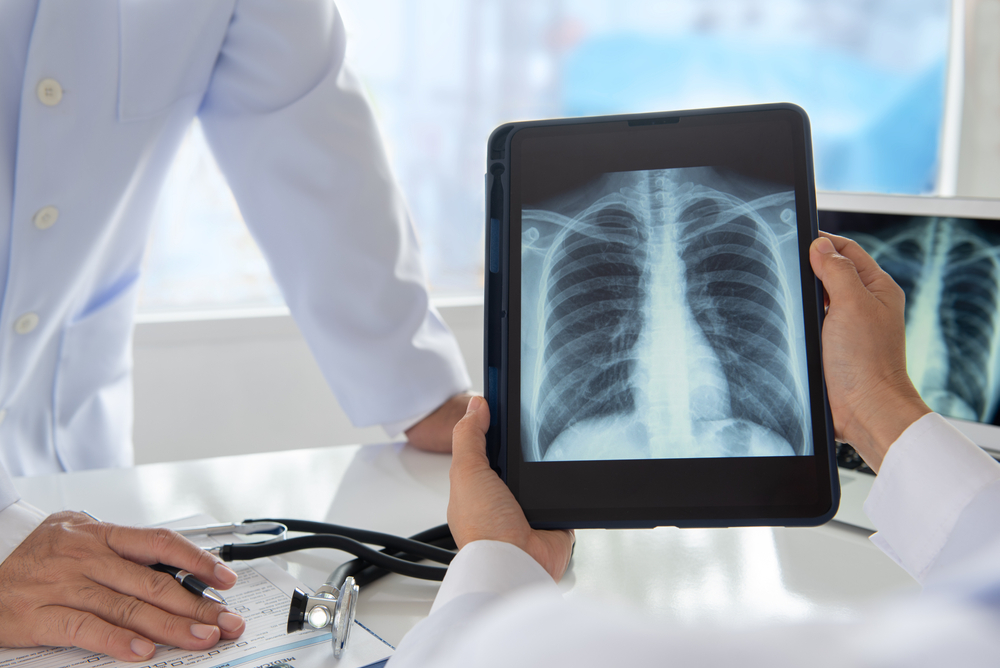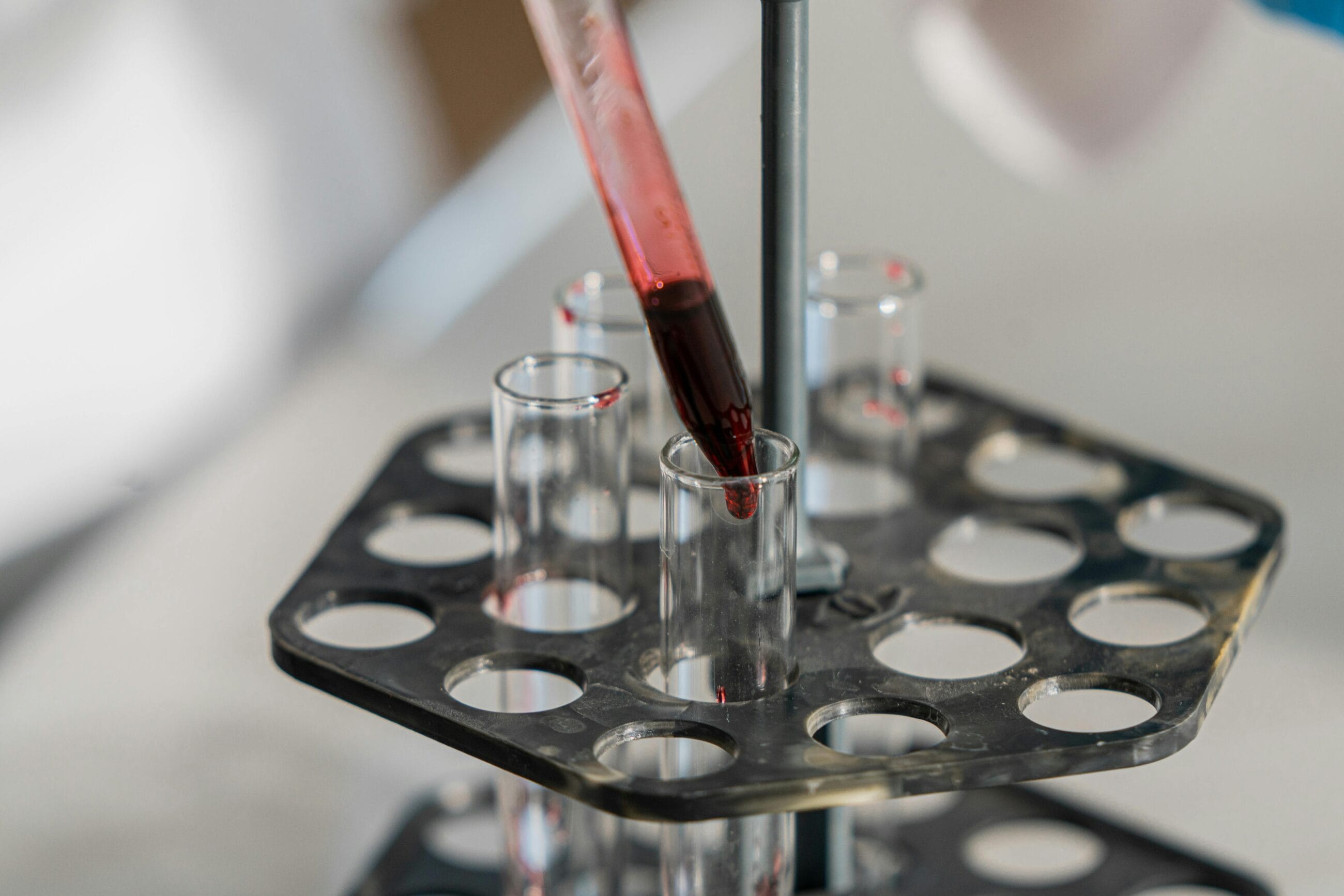Did you know lung cancer is one of the most common and deadly cancers in Singapore? Early detection can save lives, yet many don’t realize they’re at high risk of lung cancer. Smokers, ex-smokers, and people with certain genetic or environmental factors face higher odds—this is where national cancer lung screening helps.
If you’re in a high-risk group, acting early can be life-saving. With low-dose CT scans available at reputable clinics in Singapore, early detection has never been easier. This guide covers why screening matters, who’s eligible, and how to take charge of your lung health today.
Stay tuned to learn how proactive steps, including lung cancer screening, can protect you and your loved ones.
Understanding Different Types of Lung Cancer Screening
Lung cancer screening is a crucial tool in early detection, improving survival rates. Understanding available screening methods ensures informed decisions about your health and well-being.

Low-Dose CT Scan: The Gold Standard
The low-dose computed tomography (LDCT) scan has transformed lung cancer detection. Unlike traditional X-rays, LDCT can spot nodules as small as 2-3 millimeters, often years earlier.
Patients are often surprised by how quick and painless the scan is. It takes less than 30 seconds—you simply lie on a table while the machine captures detailed images of your lungs. Plus, the “low-dose” feature means much less radiation exposure compared to a standard CT scan, making it safer for regular screening.
Why Chest X-rays Fall Short
Many patients ask me about chest X-rays as a screening option. While these are useful for diagnosing lung problems when symptoms are present, they’re not effective for early cancer detection. Small tumors can hide behind ribs, the heart, or other structures, making them invisible on X-rays until they’ve grown considerably.
Emerging Technologies in Screening
Singapore’s healthcare system continues to embrace innovative screening technologies. Artificial intelligence is now being integrated into imaging analysis, helping radiologists identify suspicious areas more accurately. Some facilities are also exploring blood-based biomarker tests, though these are still primarily used in research settings.
Who Should Consider Lung Cancer Screening in Singapore?
The most significant risk factor for lung cancer is smoking history. If you’re between 50-80 years old and have a 20 pack-year smoking history (that’s one pack per day for 20 years, or two packs per day for 10 years), you should seriously consider screening.

But smoking isn’t the only concern. Non-smokers can also develop lung cancer, particularly those with:
- Family history of lung cancer
- Exposure to second-hand smoke over many years
- Occupational exposure to asbestos, radon, or other carcinogens
- Previous radiation therapy to the chest area
Current Guidelines and Recommendations
Singapore’s health authorities recommend annual LDCT screening for high risk individuals. The key criteria include:
- Age 50-80 years
- At least 20 pack-years of smoking history
- Current smokers or those who quit within the past 15 years
- No history of lung cancer
- Life expectancy of at least 10 years
The Lung Cancer Screening Process: What to Expect
When you come in to screen for lung cancer at our clinic, here’s what to expect:
First, we’ll start with a consultation to review your risk factors and medical history. This helps determine if screening is right for you and allows me to address any concerns.
The LDCT scan is simple. You’ll change into a gown, lie on the scanning table, and hold your breath for about 20 seconds while the images are taken.
After the scan, a radiologist will review the images for any abnormalities. Results are usually ready within a few days, and I’ll go over them with you in a follow-up consultation.
Costs and Financial Support
Screening costs in Singapore vary based on public or private healthcare. Subsidies may be available for eligible lung cancer patients. At Mediway Medical, we work with insurance providers to help you understand your coverage.
According to the Singapore Cancer Registry, the cost of screening for lung cancer is small compared to the expenses—financial and personal—of treating advanced lung cancer.
Benefits and Potential Risks of Screening
Early detection remains our most powerful weapon against this common cancer. When lung cancer is caught in Stage I, surgical removal is often curative. Patients diagnosed early typically require less aggressive treatments and experience better quality of life outcomes.
Research from major screening trials shows that regular LDCT screening can reduce lung cancer mortality by 15-20% among high-risk individuals. These aren’t just statistics—they represent real people who are alive today because of early detection.
Understanding the Risks
I believe in providing complete medical advice, which means discussing potential downsides. LDCT screening can sometimes detect nodules that look suspicious but turn out to be benign. This can lead to anxiety and additional testing.
There’s also minimal radiation exposure with each scan, though the dose is quite low—equivalent to about two months of natural background radiation. For most high-risk patients, the benefits far outweigh these concerns.
Government and Private Healthcare Initiatives
Singapore has made significant investments in cancer screening infrastructure. Public hospitals offer comprehensive lung cancer screening programs, while private providers like our clinic ensure shorter wait times and personalized care.
The government’s “War on Cancer” initiative has increased awareness and improved access to screening services across the island. Support groups and patient resources are readily available through organizations like the Singapore Cancer Society.
Prevention: Beyond Screening
While screening is crucial for high-risk individuals, prevention remains the best strategy. Singapore offers excellent smoking cessation programs through polyclinics and specialized clinics. I’ve seen remarkable success stories when patients combine screening with serious quit attempts.
Lifestyle Modifications
Beyond smoking cessation, maintaining a healthy diet rich in fruits and vegetables, regular exercise, and minimizing exposure to environmental pollutants all contribute to lung health. Even in Singapore’s urban environment, simple steps like using air purifiers at home can make a difference.
Taking the Next Step for Your Health
Lung cancer screening represents one of our most effective tools for reducing deaths from this devastating disease. If you fall into a high risk category, don’t wait—early action could save your life.
The decision to get screened is deeply personal, but it shouldn’t be made in isolation. I encourage you to discuss your individual risk factors with a healthcare provider who can help you weigh the benefits and potential drawbacks.
At Mediway Medical, we’re committed to making lung cancer screening accessible and stress-free. Our comprehensive approach ensures you receive not just the screening itself, but the support and guidance you need throughout the entire process.
Ready to take control of your lung health? Contact us today to schedule a consultation and learn more about how screening can fit into your overall health strategy. Remember, when it comes to cancer, knowledge and early action are your best allies.









